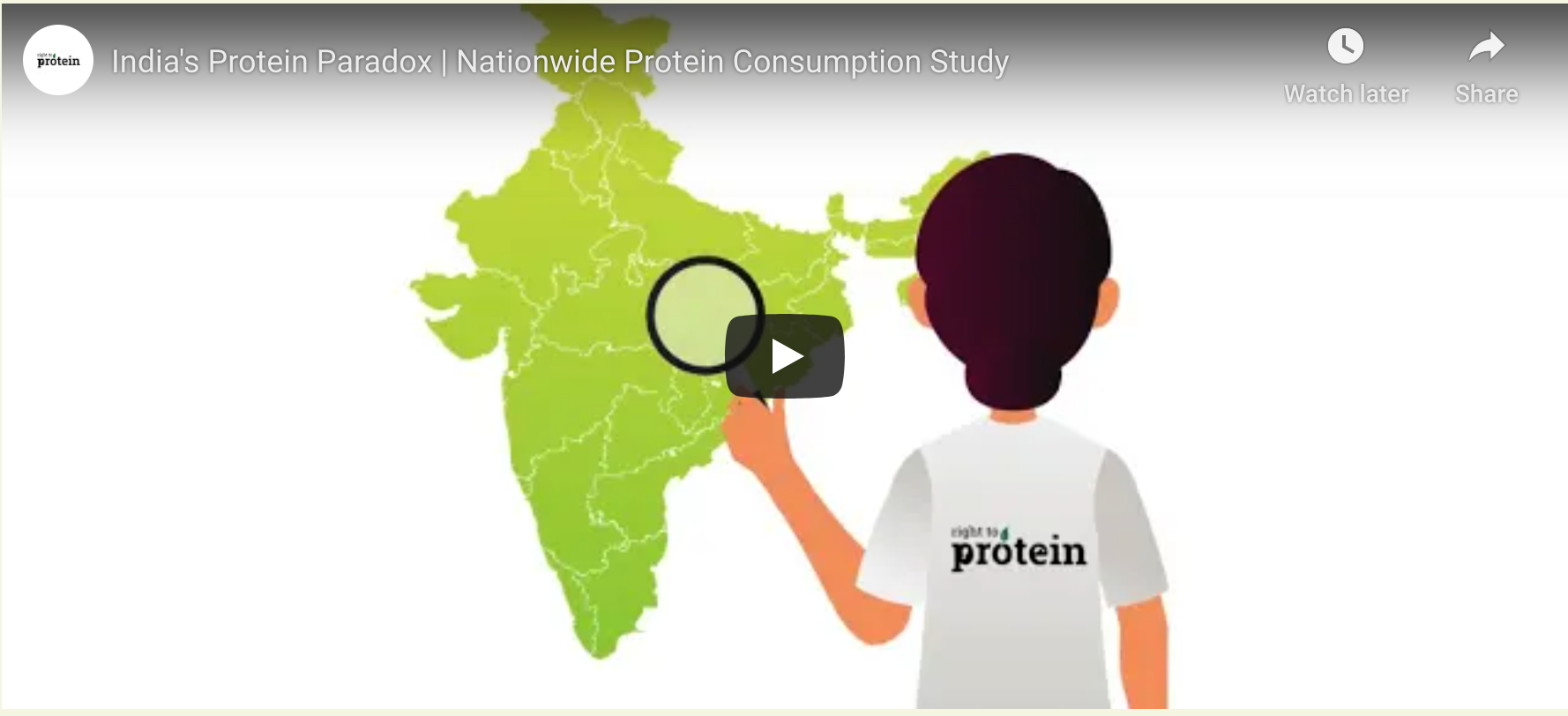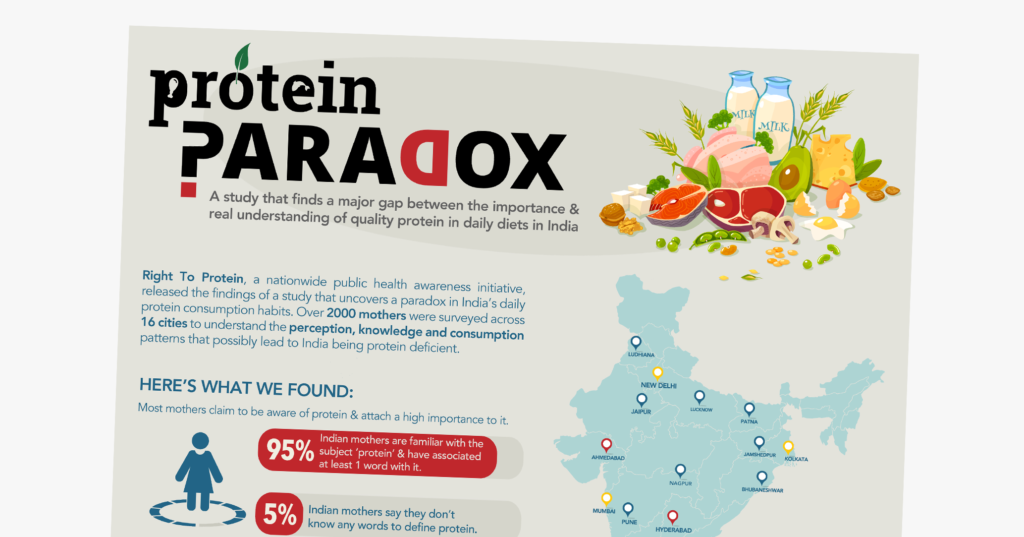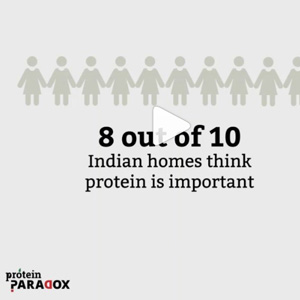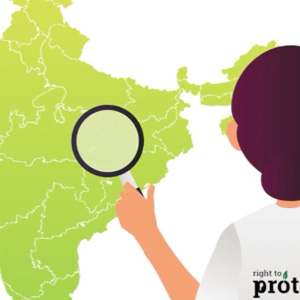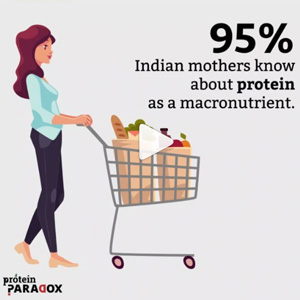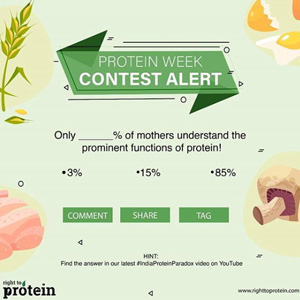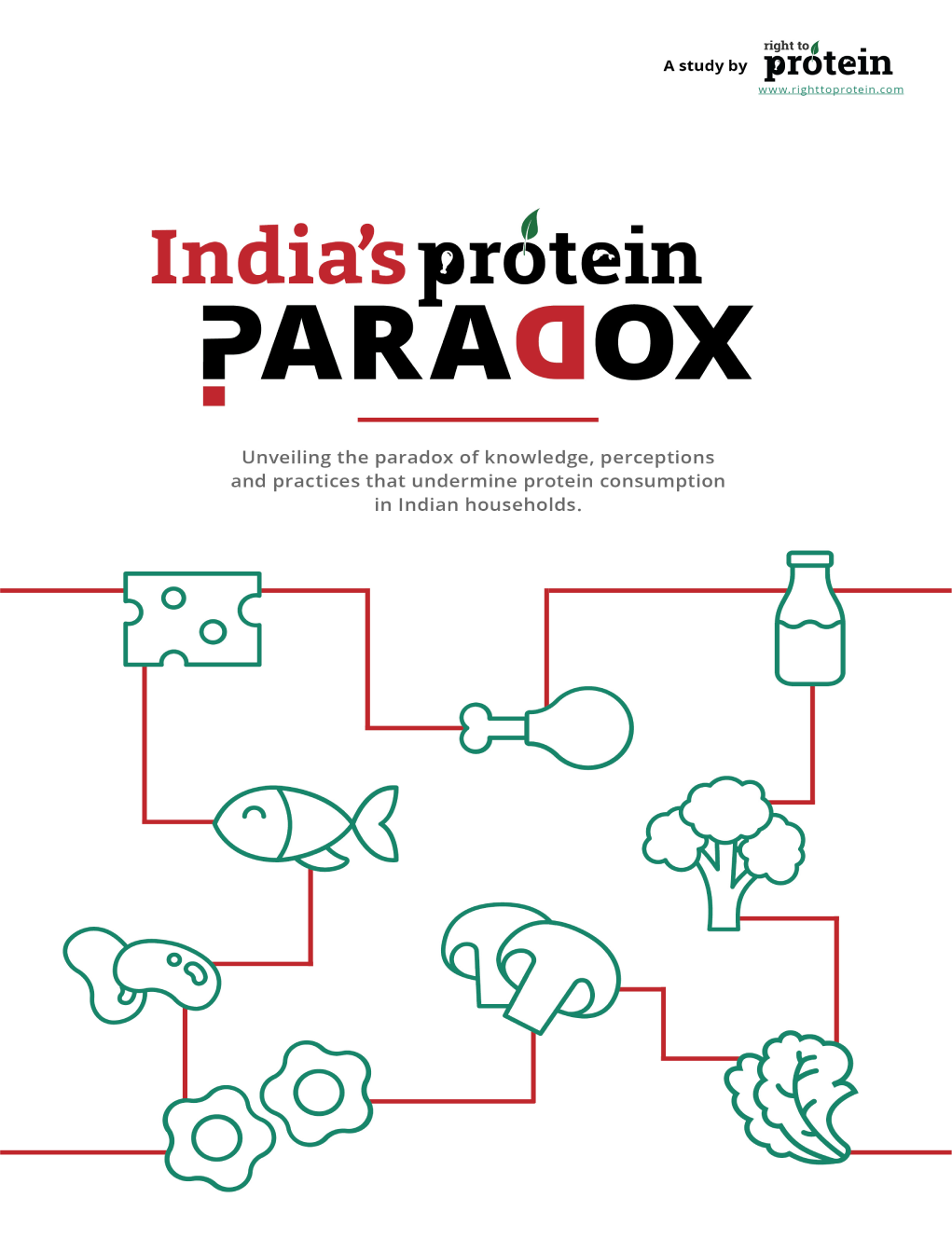Want to spread protein awareness?
Download the media kit, with infographics, videos and more
About the Protein Paradox Study:
Protein Paradox, is a study by Right To Protein, developed based on the research conducted by commissioned research company
Nielsen. The Protein Paradox study aims to understand and identify the practical challenges that pose as a barrier to protein
consumption in India, including common myths and practices about protein, and facilitate evidence-based discussions by focusing
on data, statistics and objective information. This study has been developed basis results from a survey which included 2,142
mothers of children in the age groups of 6-18 years residing in 16 cities across India. Right To Protein commissioned Nielsen to
conduct this survey using a combination of Computer Assisted Personal Interviews (CAPI) as well as Face to Face (F2F) interviews
in various local languages. The sample was based on the New Consumer Classification System (NCCS) which classifies households in
India based on two variables - education of the chief wage earner and number of consumer durables owned by the family.

